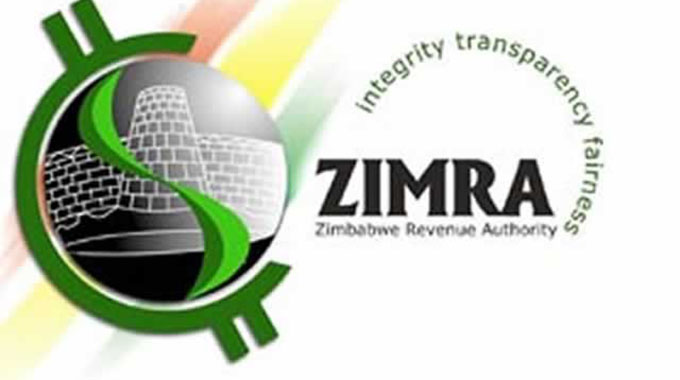Cabinet adopts smart agric, health

Zvamaida Murwira Senior Reporter
Programmes for smart agriculture and health have been adopted by Cabinet to ensure that Zimbabwe’s immense potential in agricultural is realised while overcoming barriers in the health sector and ensuring timeous provision of services.
The two programmes fall under the Smart Zimbabwe Master Plan under which the country is pursuing Vision 2030 goal of a digital economy.
Speaking after yesterday’s Cabinet meeting, Information, Publicity and Broadcasting Services Minister Monica Mutsvangwa said the two smart programmes were presented to Cabinet by Information Communication Technology, Postal and Communication Services Minister Jenfan Muswere.
On smart agriculture, it was noted that there was need to increase yield, quality and agro-value chain efficiencies through innovation-based digital technologies.
“ICTs including sensor systems, internet connectivity and artificial intelligence will enable agricultural data to be collected timeously and informed decisions to be made. In this regard, Government is currently developing the agriculture information management systems to monitor and manage agricultural activities.”
This year, a budget of $200 million was provided to support the ICT related requirements of the management systems project, including provision of appliances and internet connectivity to all of the country’s agricultural institutions, she said.
Key components of management systems include assessment of crop threats, thus providing an early warning system to avert agricultural disaster, a land information management system that will record and analyse land use and allocation, and a water information system to enable efficient management of water resources and water bodies.
The system includes automated data on supply of inputs as compared to the output generated, soil fertility mapping by remote sensing, and data on livestock on farms, post harvest, agro-processing, marketing and consumption information management system.
Some of the positive impacts of the management system include remote interaction between farmers, managers, and workers in real time, facilitating access to land and security of tenure, increased access to affordable agriculture financing, promoting effective agriculture knowledge, technology and innovation systems, and lowering costs of production among others.
On smart health, it was noted that the need for deployment of ICTs in delivering health services, especially in the era of Covid-19. Minister Mutsvangwa said smart health initiatives such as telemedicine were effective in overcoming barriers to health care and timely provision of services and to that end Government embarked on an initiative to ensure that all facilities were connected countrywide.
“Government wishes to advise that a pilot telemedicine project valued at US$357 632 is being implemented in partnership with the International Telecommunications Union.
“The pilot entails the use of ICTs to facilitate the provision of clinical health care using real time two way communication between physicians and patients at remote rural centres,” said Minister Mutsvangwa.
A total of 15 health centres were equipped with transportable examination stations comprising high resolution autofocus examination cameras, stethoscopes, total vital signs test devices, laptops, and ultrasound scan devices among others.
“All 15 centres are linked to Parirenyatwa Referral Hospital, allowing for sharing of patient data and consultations with other referral healthcare institutions. It should be noted that the telemedicine solution is fully integrated to the Impilo Virtual Health System recently launched by the Ministry of Health and Child Care,” she said.
Minister Mutsvangwa said the smart health programme will result in improved health service delivery and efficiencies and health surveillance, improved health-system and records management, enhanced health education and clinical decision-making, and support for behavioural changes related to public health priorities and disease management.
The programme offered treatment to patients in the comfort of their homes, provided confidentiality of medical information, reduction in travelling costs to health facilities, high responsiveness to medical emergencies and reduced referrals, consultation fees and mortality rates.
“The smart health system will be able to be opened to similar international health systems when there is need. Development work had already started and should be completed during the National Development Strategy 1 period,” said Minister Mutsvangwa.










Comments